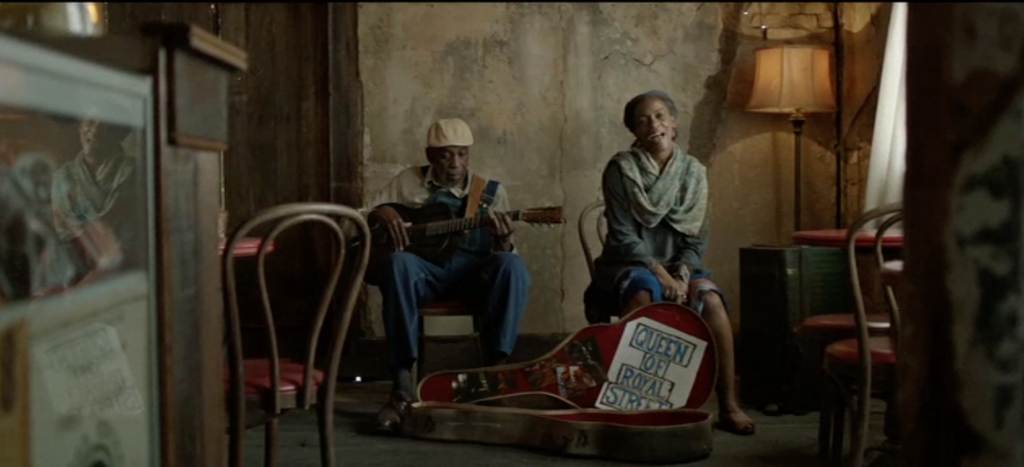The Job You Do and Your Life’s Work
You will not be remembered for what you did for money. You will be remembered for your work.

It’s an easy trap to let your career define you. As a single woman wholly uninterested in dating, I have found myself falling back on this excuse, even though I honestly mean what I say when I say it.
“I’m focusing on my career,” I tell well-intending people who inquire about my dating life in casual conversation, as if it were any of their business. For the most part, this is true. Everything I do is important work towards a nebulous notion of “success” — something that has become so abstract that if asked to quantify success, I would make word salad and head to the kitchen for another glass of wine. My career is what I’m working on. My job is what I do to make sure I have the money to work on my career. The distinction is valid, though not often discussed.
There’s a crucial difference between your work and your job. Both are essential to becoming a fully-realized human being, but importance is placed on the latter more so than the former. Everyone wants to be remembered for something, even if it is just knitting really nice scarves for friends every winter and watching as they languish on coat racks and on the top shelves of closets. The scarves are the work; the money I use to buy the wool and the time that I have to make the scarf, sitting in a chair in a patch of sunlight on a weekend, is the result of my job. It’s a codependent relationship; the two cannot exist without each other. We must have a jobs so that we can do our work.
Jobs take care of the incidentals of adult life — bills, shelter, food. We all do things for money, some of which we are proud of and others of which we are not. Working as a waitress or folding endless piles of T-shirts at Urban Outfitters is valuable labor that gives you the breathing room to sit at your desk and make tiny watercolors of cacti and cats. Leisure time is earned, just like a paycheck. At the end of your life, when a grieving family member submits a hastily-written obituary to a newspaper for publication, you will not be remembered for what you did for money. They will remember you for your work.
If you’re lucky, your job and your work are one in the same. Maybe after years of incremental changes and a Sisyphean effort that allows you to chip away at one career in exchange for another, the two paths eventually converge. Suddenly, part of your work becomes your job, for better or for worse. This is the exception to the rule, but it’s what we are all working towards, eventually. Meaningful jobs are few and far between, but meaning is in the eye of the beholder. If the job means something to you, so be it. If the job you do during working hours gets you the recognition that you’d seek elsewhere and helps you achieve an elusive success, that’s fine too. If all you end up doing at work is rote and uninteresting, a simple economic exchange that almost everybody goes through every single day, that’s okay. Unless you’re born into wealth, you have to make money. What you do outside of your job — your work — is what’s really important.
I’ve done lots of things for money, in a lot of fields that feel very far off from both my interests and my skills, perceived or otherwise. Complaining about the work I do at my job and my dissatisfaction in my career is a passion of mine that I have desperately tried to curtail. I am learning to be grateful, because my job and my work are discrete units, working in harmony to complement each other. On the most basic level, being employed means that you can support yourself. It means that someone out there thought you were worthy enough to hire. What your employer is looking for is your capacity for potential work. Anything that they get — and anything that you give — beyond that is a bonus, like the vending machine that gives you two packets of peanut M&Ms by accident. Understanding this and going to your job every single day with this understanding is key.
Complacency and happiness are bedfellows, but they’re not the same thing. It’s okay to be a little complacent only because that complacency allows you to do work outside of your job that makes you feel good.
Why would you limit yourself and your capabilities to the tasks required of you by your employer in order for you to walk out with a paycheck? Your life’s work is just that — a collection of activities, experiences and things that someone will hopefully remember you by. Sitting down at a desk and doing other people’s taxes and then leaving your office to draw intricate pen and ink still lifes of your bookshelf is work. Stuffing your milk-stained barista apron into your cubby and coming home to read Harlequin novels while petting your cat is fine, too. Your jobs are just bullet points on a resume, a necessary evil. You will be remembered for your work.
Megan Reynolds is an associate editor at The Frisky. She lives in New York.
Support The Billfold
The Billfold continues to exist thanks to support from our readers. Help us continue to do our work by making a monthly pledge on Patreon or a one-time-only contribution through PayPal.
Comments